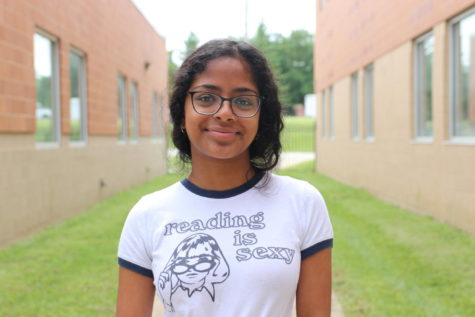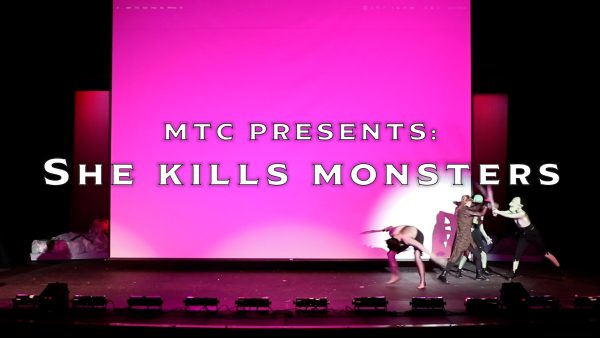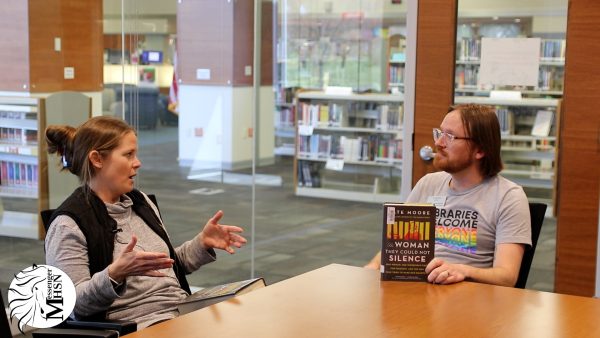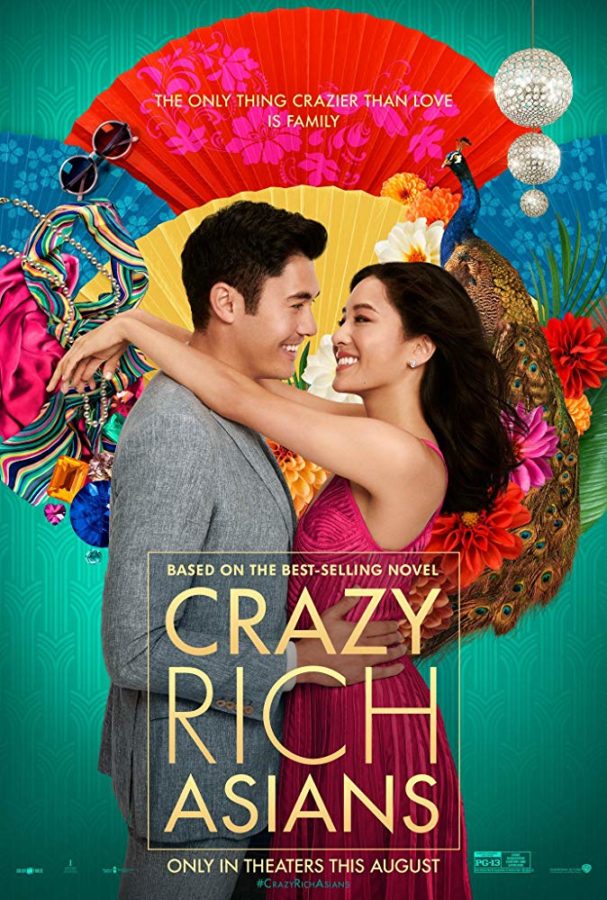Movie Review: Crazy Rich Asians
Within the past two years, Hollywood has seen a newfound interest in movies starring non-majority groups; blockbusters like “Call Me By Your Name” (2017) and “Moonlight” (2016), which prominently feature LGBTQ+ relationships, as well as movies like “BlacKkKlansman” (2018), “Black Panther” (2018) and “Get Out” (2017), which feature African Americans as their protagonists.
The release and success of each of these movies — have proven to be a win not only for Hollywood in terms of box office revenue (“Black Panther” scored more than $1.1 billion, “Get Out” made $252 million, “Moonlight” made $65 million, “Call Me By Your Name” made $41 million, and “BlacKkKlansman” has made $42 million so far), but also for the American public due to the increase in diversity and representation.
Then, on August 15th, in came Asian representation with the release of “Crazy Rich Asians,“ the first movie with an all-Asian cast since “The Joy Luck Club” in 1993.
The movie is about Rachel Chu, a professor at NYU, who is offered to attend a wedding with her boyfriend, Nick Young, in his home country Singapore. When they’re taking their plane to get to Singapore, Rachel is shocked that he booked first class tickets; he then reveals that his family is “comfortable.” Rachel later realizes just how rich Nick’s family is at a party his family throws, and his mother, Eleanor, takes a quick disliking to Rachel due to a few of her faux pas. As the movie progresses, Rachel is belittled by those around her in a number of ways, and, once Nick proposes to her, she must come to a decision about what do to about his family.
This movie isn’t particularly special or dealing with a completely brand new topic; it’s a rather run of the mill story, in terms of romantic comedies. We have the level-headed female protagonist, a quirky best friend, the love interest who’s trying his best and the mother-in-law sent from the underworld. However, that in and of itself is the beauty of this movie.
Asian protagonists don’t have to portray warriors like Mulan, a martial arts master like Jackie Chan or a stunningly attractive agent like Lucy Liu; they can, if they so desire. But they can also be normal, everyday people living in a diverse society. Asian Americans can star in something as mundane as a romantic comedy without bearing stark similarity to ethnicity stereotypes or strictly making their character about their ethnicity. It’s normal. That type of normalcy being portrayed by non-white actors finally shows a segway into accurately portraying how we, as Americans, see those around us, and how we live.
Not to say the movie hit $76.9 million dollars in the first 10 days based solely on representation. An astronomical part of the success “Crazy Rich Asians“ is the talent and value these actors have. Countering Constance Wu’s (Rachel) lovable and sensible protagonist, Michelle Yeoh is perfect as the overbearing mother-in-law, creating a character we love to hate. Yeoh’s performance is flawless as the classic persona, making Rachel’s life miserable with carefully calculated comments and quips, even hiring a private investigator to determine Rachel’s lineage. Awkwafina plays the quirky best friend, Goh Peik Lin, offering Rachel advice and consolation as she makes her mind up about her boyfriend’s family, along with a multitude of other Asian actors from successful shows, including Harry Shum, Jr. of “Glee” and “Shadowhunters” and Ken Jeong from “The Hangover” and “Community.”
Not everyone is happy with the choice of actors, though. The entirety of the cast is of East Asian descent, which some have felt doesn’t accurately represent Singapore, which is also comprised of Indians, Malays and other ethnic groups. The privilege and dominance of those of Chinese descent is akin to that of European descended individuals in the United States; as a result, some controversy has stirred, with some people believing that, as a movie with minority representation as its tagline, it should include all Asian ethnic groups.
In addition, not everyone in the cast is of pure Chinese descent. Henry Golding, who plays Nick Young, is half English and half Malaysian; Constance Wu, who plays Rachel, is Taiwanese; Sonoya Mizuno, who plays the fiance of Nick’s friend, is half Japanese, a quarter English and a quarter Argentinian; and the list goes on. Certain viewers have criticized the movie for having non-Chinese actors and actresses portray ethnically Chinese characters, likening it to a type of white-washing in its own right because the presence of any Asian descent at all seems to be seen by Hollywood as “Asian enough” to play an Asian role.
However, a movie that highlights representation isn’t required to fix all issues with minority representation, especially if that movie is a lighthearted romantic comedy. It allows for the conversation to start, for more minority roles to be given, for a problem this large to be slowly fixed. In addition, highlighting and making issue of the cast’s respective ethnic backgrounds only exacerbates the issue of representation. There really isn’t a parameter for which to deem people “Asian enough” or “not Asian enough.” “Crazy Rich Asians“ is just that, a movie about Asians who have absurd amounts of money. Not “Crazy Rich Chinese People Who Are of Only Chinese Descent.” The ability to cast any type of Asian into a role that requires an Asian person to play it allows for actors truly fit for the role to portray it. Ethnicity matters when it comes to casting characters who are canonically supposed to be of a certain race, but it shouldn’t dominate every other aspect.But as “Crazy Rich Asians” continues to dominate the box office, despite any conflict or controversy, it presents a definitive statement to Hollywood: minority representation sells, too.
Your donation will support the student journalists of Marquette High School. Your contribution will allow us to purchase equipment and cover our annual website hosting costs. You may become a PATRON by making a donation at one of these levels: White/$30, Green/$50, Blue/$100. Patron names will be published in the print newsmagazine, on the website and once per quarter on our social media accounts.

Mansi Mamidi, senior, is the Copy Editor for the Messenger. She is president of Mock Trial and is also a part of Youth and Government and SASA. She learns...












